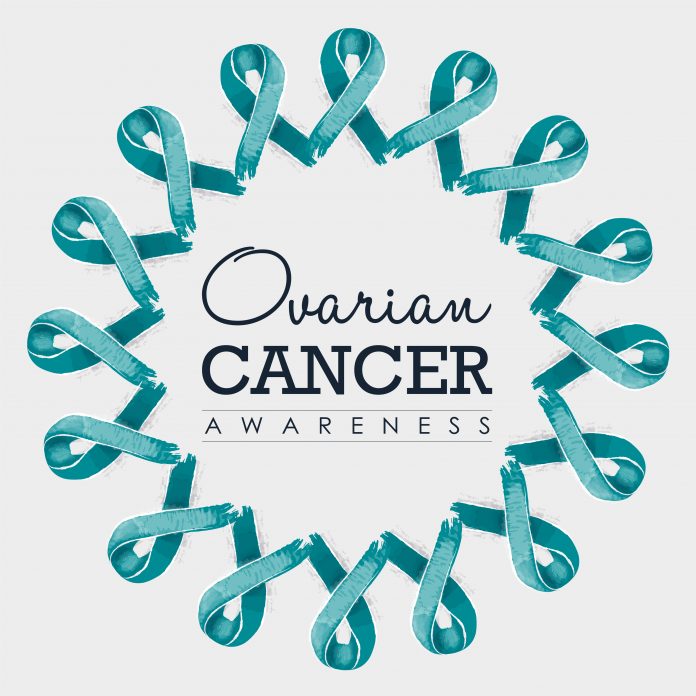Ovarian cancer is any cancerous growth that occurs in the ovary. It is the 8th most common cancer in women in the U.S. One out of every 75 women will at some time have ovarian cancer. The early diagnosis is important as the survival rate is only 46% when diagnosed early. Unfortunately, we don’t know the exact cause of ovarian cancer. Some risks include a family history of the disease, age (over 65), or being overweight. For some women, a previous diagnosis of breast cancer can also put them at risk.
What are the symptoms of ovarian cancer?
- Pain in the lower back and/or legs
- Digestive problems and nausea
- Fatigue
- Pressure or discomfort in the abdomen
- Abnormal bowel movements
Many older women feel the effects of fatigue, anxiety and sleeplessness. Since they may already be suffering from other age-related diseases, it can be difficult to diagnose. Ovarian cancer adds to this. It may affect how they feel the effects from the disease. Often diagnosis is done through a variety of methods. This may include examination, blood tests, ultrasounds, a CT scan and MRI.
Treatments for ovarian cancer include:
- Removing the cancer surgically is the most common form of treatment. Often, this usually includes the removal of both ovaries. Also it may include the uterus, the fallopian tubes and nearby lymph nodes being removed. This will cause the immediate beginning of menopause.
- Cancer cells may be destroyed by chemotherapy. Typically, treatment would involve 3-6 chemotherapy sessions up to a month apart.
- Sometimes, other treatments include targeted therapy and hormone therapy.
Many medications aren’t well tolerated by seniors. Most healthcare providers can work up a personal plan that works for you. Some medications may interfere with chemotherapy or radiation drugs. Ongoing monitoring of responses will be carried out to determine how well chemotherapy may be working. Once all of your tests show that you are clear of cancer then you would be considered in remission.
This article is intended for informational purposes only. If you have any questions or concerns, please consult your health practitioner.
























